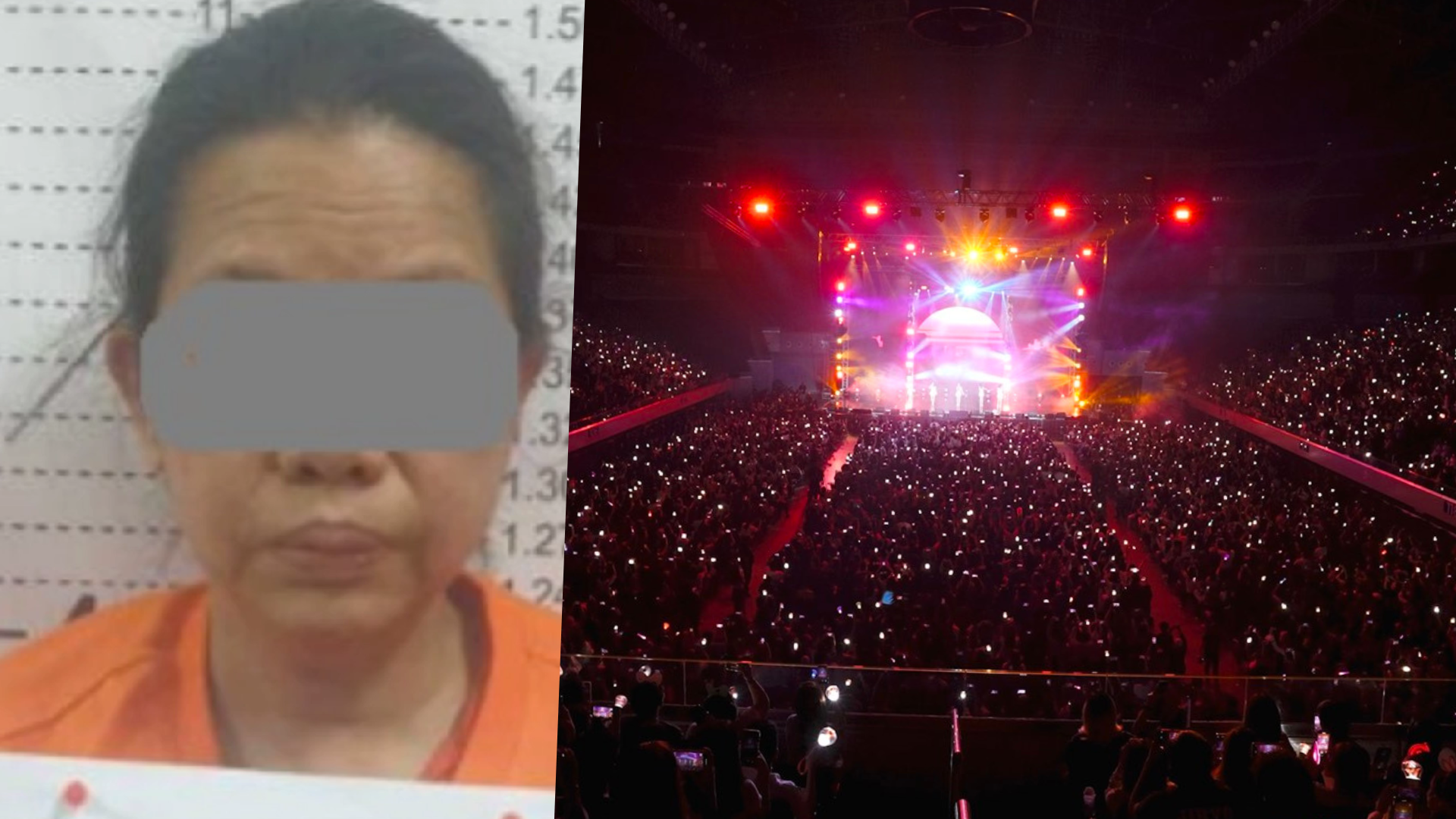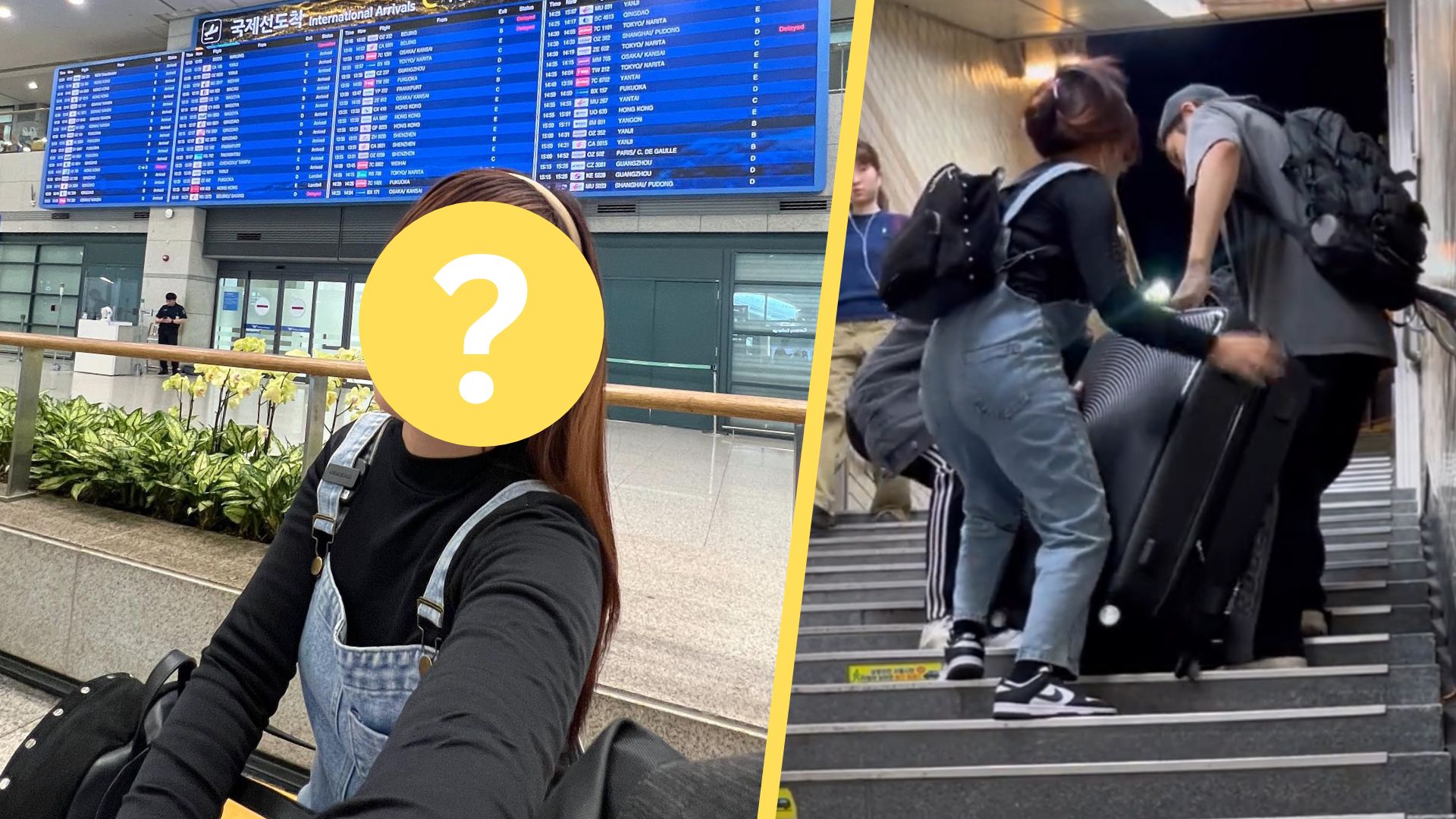A Breakdown of the EXO-CBX and SM Feud
EXO members Baekhyun, Xiumin, and Chen (also known as Byun Baek Hyun, Kim Min Seok, and Kim Jong Dae, or simply “artists”) are represented by attorney Lee Jae Hak of the law firm LIN. The artists’ perspective with regard to the exclusive contracts between them and SM Entertainment (hereinafter “SM”) is expressed below by our legal counsel.
The artists previously demanded copies of transparent settlement reports and settlement grounds by sending certificates of contents to SM seven times through their legal counsel between March 21 and the present.
Additionally, once SM and the artists had already signed long-term contracts totaling 12 to 13 years, they encouraged the artists to sign the following exclusive contracts again, ending in long-term contracts totaling at least 17 to 18 years or more. SM has engaged in this kind of unfair power use frequently.
Regarding this, the artists believe SM is abusing its power by persuading musicians to sign so-called slave contracts that, when accounting for their lengthy training durations, last approximately 20 years. Through the statement that follows, the artists hope to communicate the different injustices that they have not been able to speak about.
1. The artists’ stances on their activities, as well as SM’s failure to provide settlement reports
- For more than 12 to 13 years, the artists have signed long-term exclusive contracts with SM and faithfully performed entertainment activities as members of EXO.
- During the time of long-term exclusive contracts indicated above, the artists simply trusted SM’s explanation regarding the settlement amount and got their shares only on the basis of documents produced by SM, which lacked explicit and objective proof. In this regard, the artists have recently formally sought copies of the settlement reports and the basis for their settlement through legal counsel multiple times. However, SM has stated that they will not be able to produce copies of the reports in the end.
- According to the current exclusive contracts and the Popular Culture and Arts Industry Development Act, SM must provide settlement reports and settlement grounds. This includes information about total income, details of costs entitled to a deduction, and details of the amount subject to a deduction. Furthermore, because the above exclusive contracts stipulate that the settlement cycle occurs twice a year, the above settlement reports and settlement basis must be submitted twice a year as well. However, over the 12 to 13 years of the exclusive contract period, SM failed to provide the artists with such settlement reports and settlement rationale.
- An exclusive contract is founded on a high level of assurance, according to legal precedent. As a result, if the agency fails to fulfill its obligation to provide settlement reports, the artists’ rights to review the profit settlement and file an objection against the agency are not properly guaranteed, resulting in the failure to provide settlement reports being a reason for terminating the exclusive contract (refer to Seoul High Court order from 2019Na2034976 on January 31, 2020). Despite several demands made by the artists’ legal representatives in the interim, SM has failed to fulfill its commitment to deliver reports. This creates grounds for terminating the current exclusive contract.
- Although the artists repeatedly requested that copies of the settlement reports be provided by May 31 via certifications of contents, [SM] refused to provide the basis for their settlement, so they were forced to notify SM of the termination of the existing exclusive contracts as of June 1.
- If the artists’ compensation had been properly paid, then there would have been no reason to submit settlement reports and settlement grounds. The inability of SM to furnish such settlement paperwork and settlement grounds is significant proof that SM did not properly pay the artists’ payout. As a result, the artists intend to pursue all civil and criminal legal actions, including a lawsuit for deal payment, against SM in order to ascertain the precise terms of the deal.
-
t is incredibly tough for Baekhyun, Xiumin, and Chen to file a legal complaint against a big company like SM. However, they did so with bravery and consideration that this is also for [clearing] many worries that many SM artists have.
2. Artists’ views on unfair long-term contracts and attempts to prolong them further
- The artists have 12- or 13-year exclusive contracts with SM. This is substantially in excess of the Fair Trade Commission’s seven-year restriction for the Standard Exclusive Contract Form for Entertainers. It is unilaterally harmful to artists since it surpasses a fair limit at the very least.
- Previously, TVXQ’s 13-year agreement included the extended time from the preliminary injunction judgment. SM was granted judgment that the 13-year contract period, which includes the extended period from the provisional injunction decision in TVXQ’s case, is an excessively long-term exclusive contract with a unilateral structure, and that it infringes on the applicants’ (TVXQ members’) economic freedom and basic rights by imposing an excessive quid pro quo (benefit in return). Referring to the Seoul Central District Court order 2009KaHap2869 from October 27, 2009, it was determined that there is substantial room to consider that all or some of the contract’s contents are void or that its validity has expired due to the passing of the reasonable duration. This is because legal action violates morals and other social orders. Furthermore, in the case of the provisional injunction in the preceding case, the court stated once again that it is extremely difficult for idol stars, such as the applicants (TVXQ members), who have teenagers as their primary fanbase, to maintain their current popularity in the same field until or after they reach their 30s. Accordingly, the artists are deprived of the chance to obtain adequate compensation for their exceptional talent and ongoing efforts to succeed in the entertainment industry by exclusive contracts with excessively long contract periods, which may serve the same purpose as lifelong contracts (refer to the Seoul Central District Court order from 2010KaHap1245 on February 15, 2011).
- The Monopoly Regulation and Fair Trade Act’s Article 45, Paragraph 1(6) applies to “making transactions with the other party to the transaction by unfairly taking advantage of the bargaining position of the business entity itself” and states that “the existing exclusive contracts have contract validity periods that severely bind personal rights for a long period of time.” Additionally, enforcement of a long term like this applies to “coercive provision of benefits” or “provision of disadvantages” in accordance with the categories of unfair trade practices listed in Table 2 of the decree for this act.
- In addition, SM required artists to sign exclusive contracts for seven years starting from their debut. An additional three years are added if [they] engage in activities abroad. However, after obtaining a contract deal, K-pop singers must wait at least a few months and often years to make their debut. They must also engage in international activities. Furthermore, despite the fact that Xiumin and Chen were members [SM] originally intended to be active in China, they were compelled to sign lengthy contracts that lasted for at least 10 years from the date of their exclusive contracts.
- In the meantime, SM is attempting to assert a contract duration of at least 17 to 18 years by having the artists sign the subsequent exclusive contracts once more. This is as if a contract period of 12 to 13 years is not long enough for them. This is SM continually abusing their authority unfairly against their artists.
- The artists were unable to negotiate successfully at the closing of subsequent exclusive contracts. This made it challenging to express their views or establish contract parameters on an equal basis. Even in the case of TVXQ’s provisional disposition, the court found that the petitioners (TVXQ members) did not actively participate in negotiating the terms of the fixed exclusive contract SM gave to them; rather, they only passively signed it. It should have been possible to end ongoing negotiations and begin new ones with entertainment agencies other than SM in the event that an agreement between the applicants (TVXQ members) and SM could not be reached, but no options were guaranteed, so negotiations between the applicants (TVXQ members) and SM could not take place in the true sense of the word. Even though an annex agreement existed after the applicants (TVXQ members) attained notoriety, because they were still subject to the pre-existing contract, they could not use their newfound celebrity to increase their bargaining leverage. The court found that the following contracts were unjustly signed since there was a disparity in negotiating power (see the Seoul Central District Court ruling from 2010KaHap1245 on February 15, 2011, for more information). These contracts also had flaws.
- Also, we criticize the act of signing a subsequent exclusive contract for falling under Article 45 Paragraph 1 (6) of the Monopoly Regulation and Fair Trade Act under “making transactions with the other party to the transaction by unfairly taking advantage of the bargaining position of the business entity itself.” Compulsory long-term periods such as this using subsequent exclusive contracts apply separately to the “coercive provision of benefits” o
- Furthermore, we know most SM performers, not just Baekhyun, Xiumin, and Chen, have long-term exclusivity contracts comparable to these examples
- Baekhyun, Xiumin, and Chen have considered appealing to the Korea Fair Trade Commission about signing an ongoing, enforceable exclusive contract. In addition, they have been contemplating a follow-up exclusive deal.
3. Messages to fans
- There is no way to adequately convey our dismay that this incident has caused so many fans so much worry.
- Despite the fact that a lawsuit is unavoidable as a result of our disagreement with SM, we will make every effort to find a sensible solution to this issue in order to save supporters unnecessary worry.
- We are truly quite terrified and frightened of this time right now as we attempt to speak up with our modest voices regarding the injustice we couldn’t talk of till now.
SM Entertainment responded with a second statement on the matter on June 1. SM Entertainment believes that there is an outside factor at play in this case.
Hello, this is SM Entertainment.
The agency outlined our reimagining vision as a preeminent global entertainment organization through the SM 3.0 strategy introduced at the start of this year. We are fervently striving to live up to fans’ high expectations while enhancing corporate governance as necessary.
However, we’ve noticed that an outside force is taking advantage of the time when we’re concentrating on getting ready to make a new leap by approaching our artists with false information, providing incorrect legal analysis, and making unconventional offers like convincing them to ignore their exclusive contracts with us and sign contracts with them. Even though they have no genuine concern for the artists, the outside force is engaging in criminal behavior by using untrue rumors, slander, and flattery to persuade the artists to make poor decisions, break their exclusive contracts, and sign additional contracts [that would violate the exclusivity of the original contract].
We established that the outside force persuaded artists in our agency to break their legally binding exclusive contracts with us. It also persuaded other artists in our organization to break their own exclusive contracts or sign updated ones on our behalf.
These attempts by the outside force are obviously unlawful; they promote disputes between the artists and our firm as well as among them, and they also have the covert goal of dismantling the current team. This effort is intolerable because it profoundly undermines the faith of the unendingly supportive and loving fans. It is unlawful conduct that must be ignored for the sake of the long-term longevity of the whole K-pop industry.
Therefore, we won’t be passive witnesses to the actions of individuals who just care about their own financial gain and don’t think about critical issues like the future of our artists or their valid legal rights; instead, we’ll take every legal action we can. This is because if we don’t do that, those who simply have their own interests in mind may act in a way that badly harms the reputation and image of our artists and has a detrimental effect on the potential of up-and-coming artists.
We will work hard to demonstrate how we live up to the high expectations of fans who really adore the artists. The agency will react aggressively to any unlawful activities by an impure external force.
Thank you.
On the same day, Ilgan Sports also revealed that SM had submitted Big Planet Made Entertainment (BPM Entertainment), for whom MC Mong is apparently an executive director, a certification of resources. In the certification of contents, SM allegedly stated that BPM Entertainment approached Chen, Baekhyun, and Xiumin about signing contracts with them. Signing further contracts with BPM would violate the exclusivity of the EXO members’ contracts with SM Entertainment, as they entered into exclusive agreements with the company.
According to Xports News, despite notification of the exclusive contract termination, Baekhyun, Chen, and Xiumin will join EXO’s music video shoot, which was scheduled for the June 2nd, but was temporarily postponed due to CBX’s notice of termination of its exclusive contract. In a related development, SM Entertainment told Xports News, that “the music video shoot for the seven EXO members will proceed as scheduled.”
Excluding Kai, who joined the military last month, Xiumin, Suho, Baekhyun, Chen, Chanyeol, D.O. and Sehun will shoot a music video for the entire group.



